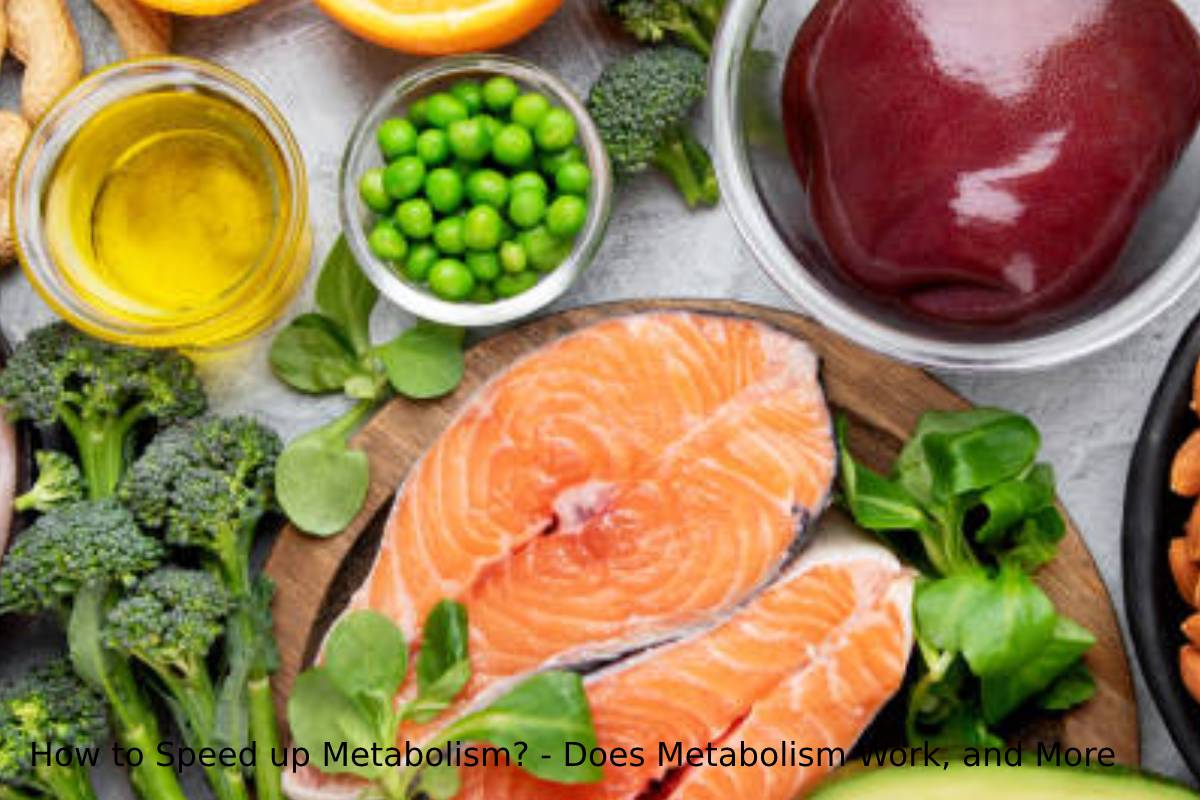How to Speed up Metabolism
How to speed up metabolism is a set of biochemical processes that occur in our body’s cells.
That convert nutrient from food into the energy necessary. For the body to fulfill all its vital functions, such as breathing.
Digestion and practically keeping you alive. These complex, interrelated processes are the foundation of life.
How does metabolism work?
- Surely you have heard the expression that a person has a slow or fast metabolism.
- It refers to the fact that a person with a fast metabolism needs a lot of energy compared to a slow metabolism.
- It also means that the higher your metabolism, the more food you must eat, so it is more difficult to gain weight.
- For example, there is the idea that an overweight person has a slow metabolism when it is invalid.
- As we will see later, a person’s metabolism also depends on the structure.
- The heavier a person is, the more energy they will need, and the metabolism will be faster.
- Because they will need more energy to maintain that weight.
How to Speed up your metabolism?
Our metabolism is made up of the following:
Basal metabolic rate (BMR)
- A person’s total daily expenditure to maintain certain vital functions such as breathing, thinking, sleeping, maintaining posture, etc.
- It occupies practically 70% of our metabolism and will depend on our body composition.
Thermal effect of food (TEF)
- The calories our body uses to digest, process, and metabolize food depends on its composition.
- It means that when, for example, you consume fruit, your body will spend life digesting it at the moment of ingesting all that energy.
- An approximate estimate is 10% of the total calories consumed per day, that is.
- If you bother 2000 calories in a day, 10% of those calories will be used to digest those foods or more or less 200 calories.
Exercise Activity Thermogenesis (EAT)
- They are the calories we burn during exercise, such as swimming, running, weight lifting, home exercises, calisthenics, etc.
Non-exercise activity thermogenesis (NEAT)
- They are the calories we burn from daily activities such as walking, climbing the stairs, and dancing, among others.
- They are activities we do daily, but the movements we do during the day are not considered exercise.
